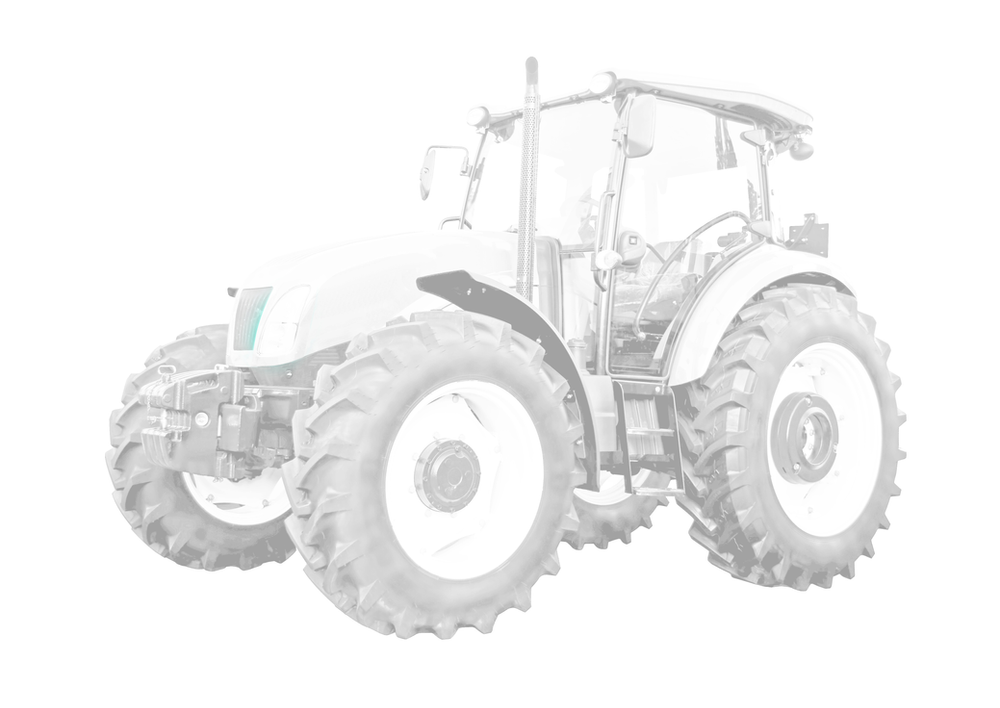Word connection game. Agriculture and…
• Mother Nature
• Artificial intelligence
• Smart tractors
• Robots
Mother Nature is a definite fit. AI, intelligent tractors and robots are making their case.
AI in agriculture is further along the technology path than many might think. Especially with the rise of precision farming, a model first introduced a few years ago, the agriculture industry has become an effective breeding ground for artificial intelligence and its tools. The idea of precision farming is to maximize crop yields with minimal investment, and technologies such as artificial intelligence, satellites, smart tractors and robots are spearheading the model’s adoption worldwide. Big data and analytics are also central to the equation of artificial intelligence in agriculture, as data is continually being collected in greater volumes.
The intelligence this data produces is the key. For instance, AI-based satellites can scan farm fields and identify crops that need more water, broader weed control, enhanced soil management, and so on. Farmers can also use the data from satellite images to make more informed business decisions. “We need to limit how much pesticide we apply. What field locations are best to avoid disease and pests this season?”
Similarly, a smart attachment on a tractor can determine different treatments for crops depending on their health. Sensors can then use data to differentiate between plants and weeds for pesticide control when crops are being treated.
Up next for AI in agriculture, according to the research firm Emerj, are robots, crop and soil monitoring, and predictive analytics.
Granted, robots aren’t entirely new to farming. For hand-picked crops like fruits and vegetables, some ag operations have long made use of robots and automation to augment the work of human laborers. But as artificial intelligence makes robots more autonomous, they’re showing they can perform harvesting and other tasks at an even faster pace and higher volume. For enhanced crop and soil monitoring, companies are in the early phases of leveraging computer vision and deep-learning algorithms to process data captured by drones and other AI technologies.
But perhaps the most disruptive upcoming tool for agriculture is predictive analytics. Machine learning models built using analytics promise to give the industry an increasingly intelligent way to both predict and track various environmental impacts on crop yield. Globally, impacts can range from changing weather patterns and drought all the way to torrential rainfall and flooding from tropical storms.
Realizing the full value of AI in agriculture will take time
Without question, AI has made significant inroads in agricultural circles. Yet to realize AI’s full potential and value, the industry remains a difficult one to contain for the purpose of statistical quantification.
According to a 2017 agfundernews.com blog post by Joseph Byrum, even within a single crop field, conditions are constantly changing. Unpredictable weather, changes in soil quality, and crop disease can all affect statistical analysis. At the same time, ecosystems vary wildly from continent to continent, meaning programs for soil management, seeding, fertilization, irrigation and other farming practices are very seldom consistent globally, if ever.
AI and machine learning therefore remain far from being able to predict critical outcomes in agriculture purely through the cognitive ability of machines. Still, it isn’t hard to imagine using AI in agriculture to optimize every inch of a farm—and the globe—to produce crop yields never thought possible.
In the not-so-distant future, the true value of AI-driven innovations will lie in the actual decision-making process for farming operations. Chiefly, AI, big data and tools like machine learning will help identify best practices for farming in climates globally. They will make precision farming even more precise.
The great thing about artificial intelligence is that new data constantly makes it smarter. It will be interesting to see where AI takes the agriculture industry next.
Contact Us
Agriculture is one of the key industries that benefits from ClearObject’s innovation for artificial intelligence. Visit us to see how your agriculture operation can take the next step toward AI and things like precision farming.
#aiinagriculture #artificialintelligenceinagriculture

